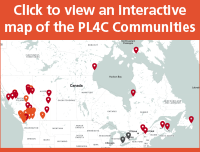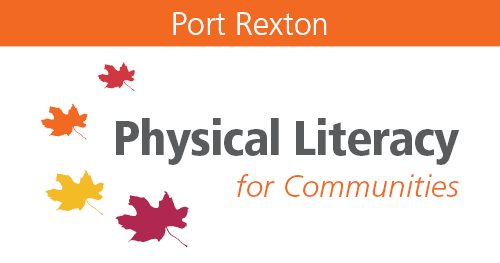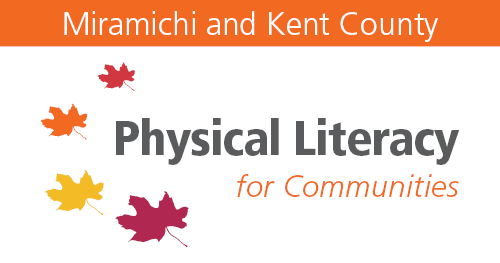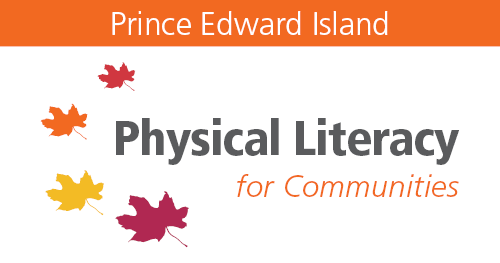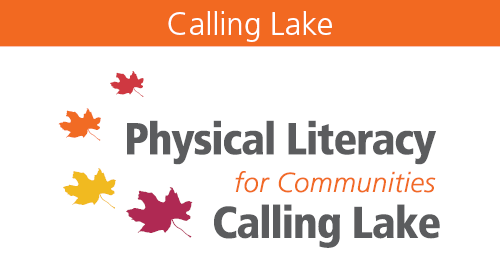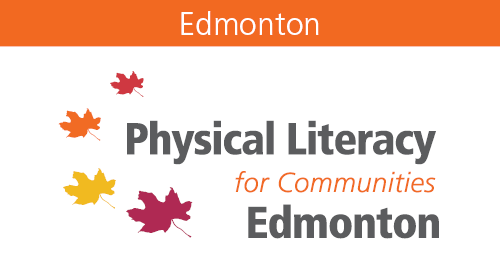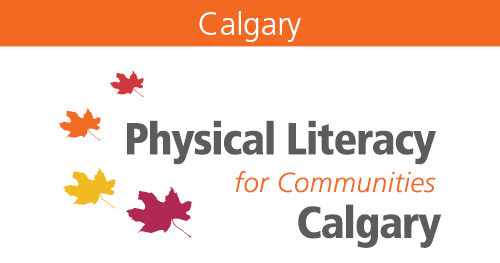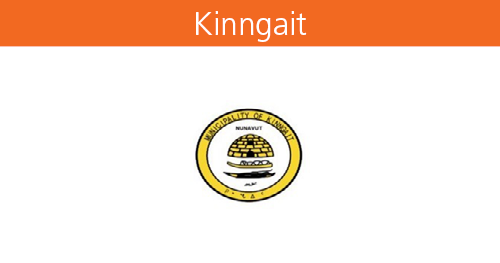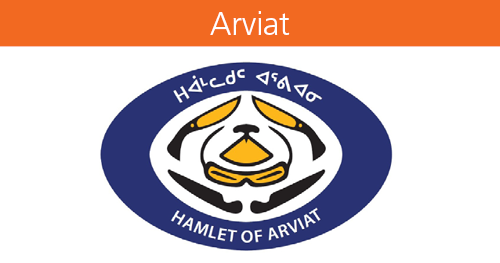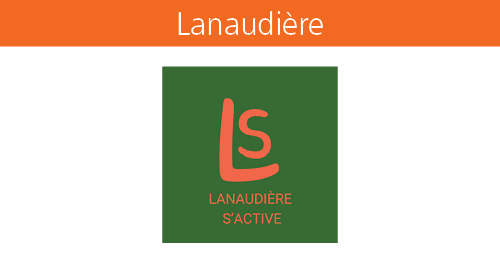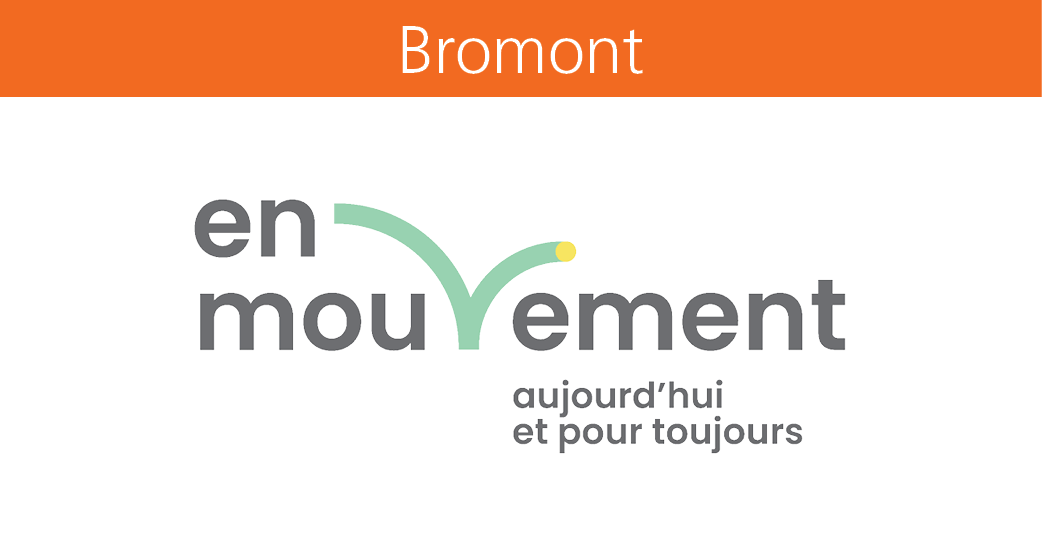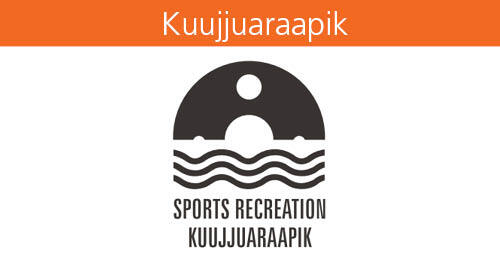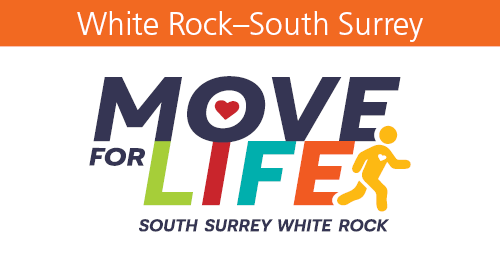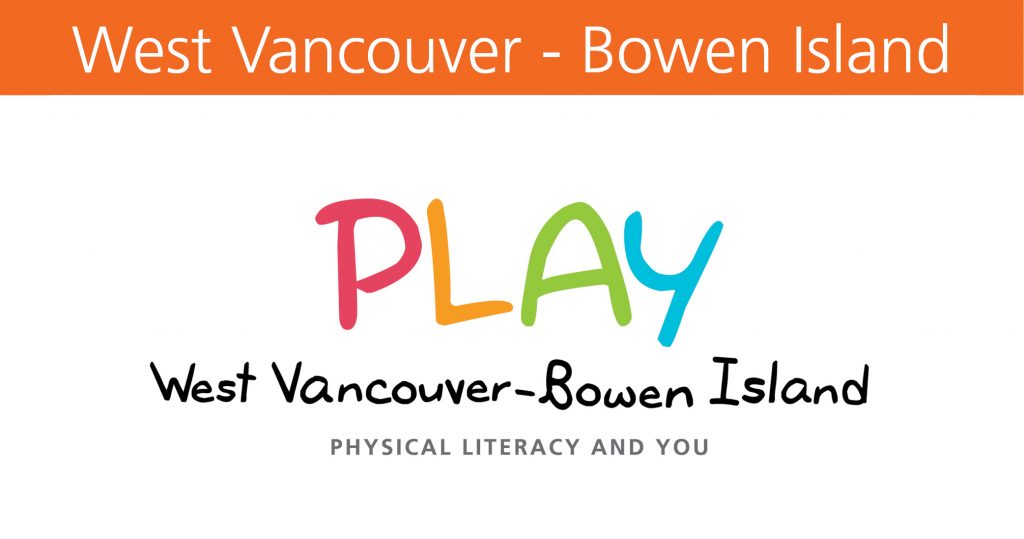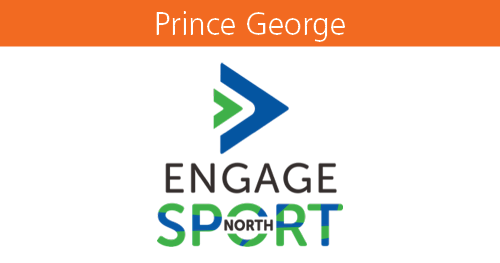
The national Physical Literacy for Communities initiative is being scaled to include new Physical Literacy for Communities (PL4C) communities in Northern BC, Alberta, Quebec and Atlantic Canada. It is a long-term approach to supporting people and creating healthy communities.
An initiative of the Public Health Agency of Canada (PHAC), delivered by Sport for Life, PHAC PL4C is a 36-month project designed to support the development of physical literacy in 150,000 children and youth aged 2-18 across Canada, beginning in 2022.
The Physical Literacy for Communities approach involves building community partnerships and sector collaboration, improving physical literacy awareness in target populations, developing local capacity to support physical literacy activities, and increasing physical activity in selected communities. There are three stages to the Physical Literacy for Communities process—Educate, Train and Sustain.

Project Leadership / Mentorship
The PHAC PL4C project has a mentor-led approach, with pan-Canadian scope. Community mentors and associate mentors provide facilitation, leadership, mentorship and advice, project planning and tracking, and accountability and reporting across their community. There is a community mentor for each region, while the community tables are led by an associate mentor.

Resource Support & Professional Development Support
To support each region and community with their programming and initiatives, Sport for Life is providing a variety of resources and professional development opportunities, including:
- Workshops: Each community table is required to participate in two mandatory workshops:
- Introduction to Physical Literacy, and
- Quality Sport for Communities and Clubs
They must also participate in two additional workshops from the following list:
-
- Inclusive Physical Literacy
- Physical Activity and Physical Literacy in the Early Years
- Indigenous Communities: Active for Life
- Engaging New to Canada Families in Sport and Physical Activities
- Setting the Stage for Inclusion
- eLearnings: 20 courses codes in total are available at no cost to all community tables, and can be used for the following eLearnings:
- Introduction to Physical Literacy
- Introduction to Long-Term Development in Sport & Physical Activity
- Social Emotional Learning for Educators
Further eLearnings are available on the following topics, at the community tables discretion:
-
- Welcome to Canada: Engaging Newcomers in Sport and Physical Activity
- Stepping Stones to Indigenous Sport and Physical Activity Participation
- Diversity and Inclusion Training for Volunteers
- Cultural Awareness in Youth Sport
- Webinars: Eight webinars will be scheduled throughout the project timeline, with topics selected through community table feedback and interest based on their individual project milestones. They will be delivered virtually, once all community tables have been established.
- PLAYBuilder: All community tables will be provided with a license for PLAYBuilder, Sport for Life’s online database for activities, lessons plans and more to provide facilitators with access to content that improves participants’ physical literacy and sport skills.
- Equity, Diversity, Inclusion and Accessibility (EDIA) Support: Pathways for capacity-building surrounding newcomer and Indigenous communities have been designed to support community tables, and include the above-mentioned eLearnings and workshops, among other resources. Mentorship opportunities with Sport for Life’s EDIA Committee is also available.
- Observation Training: Through Sport for Life’s trained observation experts, community tables can train observers in their region to work within schools, observe students with the PLAY Tools, and build capacity for further observation of physical literacy.

Evaluation
Evaluation of the PHAC PL4C project will be guided by the RE-AIM framework, which measures reach, adoption, implementation and partner engagement.
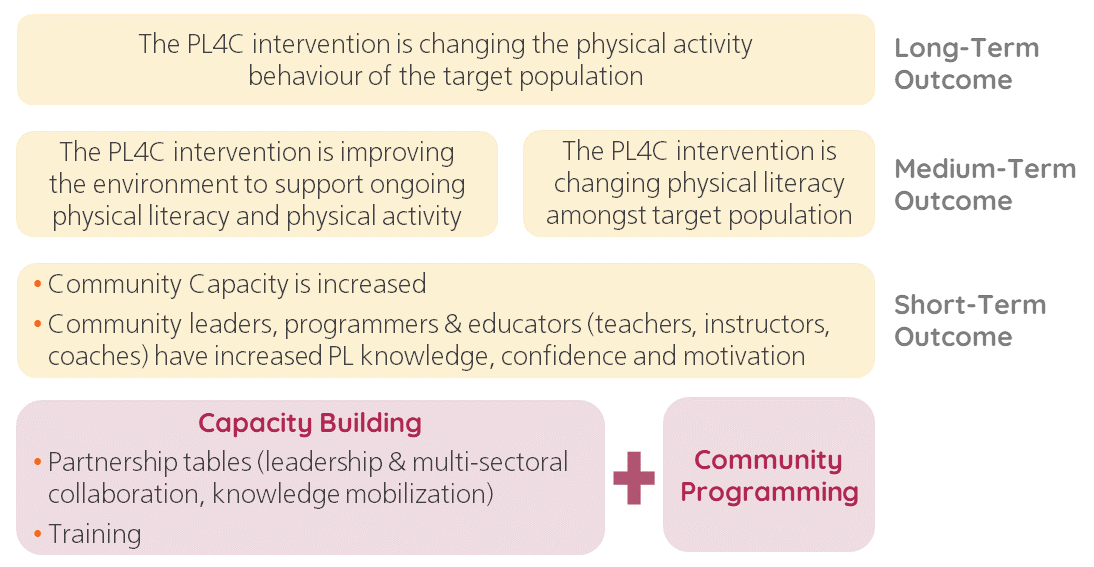
The long-term goal of the project is to change the physical activity behaviour of children (5-18 years old) in the participating communities. Through multi-sectoral collaboration, training and community programming we hope to increase community capacity and build a supportive environment for children to develop physical literacy and increase physical activity.

Community Selections
The PHAC PL4C project will reach three existing communities (White Rock, Nunavut and Nunavik), support new communities in Alberta, Quebec, Atlantic Canada and Northern British Columbia, and use Prince George and West Vancouver British Columbia, as research communities.
Communities were researched, identified and selected by the project’s regional managers, based on the nature of the community, local champions and support, multi-sector involvement, community readiness, balanced representation and eligibility.
| Northern British Columbia |
Regional Manager – Mandie Cote
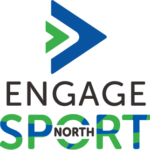
Community Partners
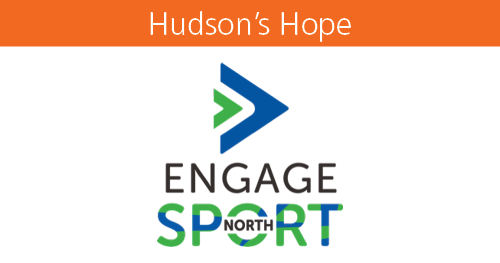
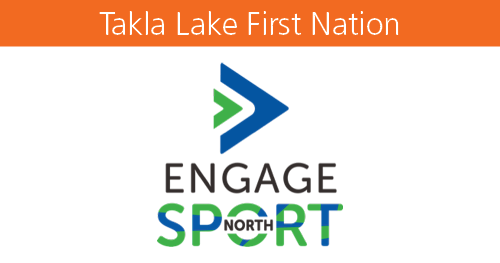
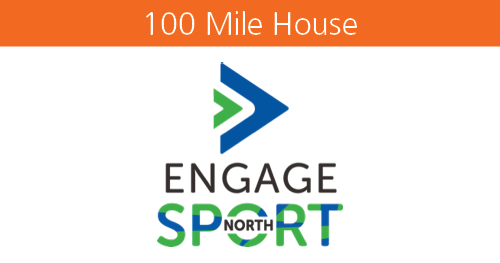
Further PL4C communities in Northern BC include:
Prince Rupert, Terrace, New Hazelton, Smithers, Halfway River First Nation, Chetwynd, Saulteau First Nation, Nazko First Nation, Williams Lake and Dawson Creek

